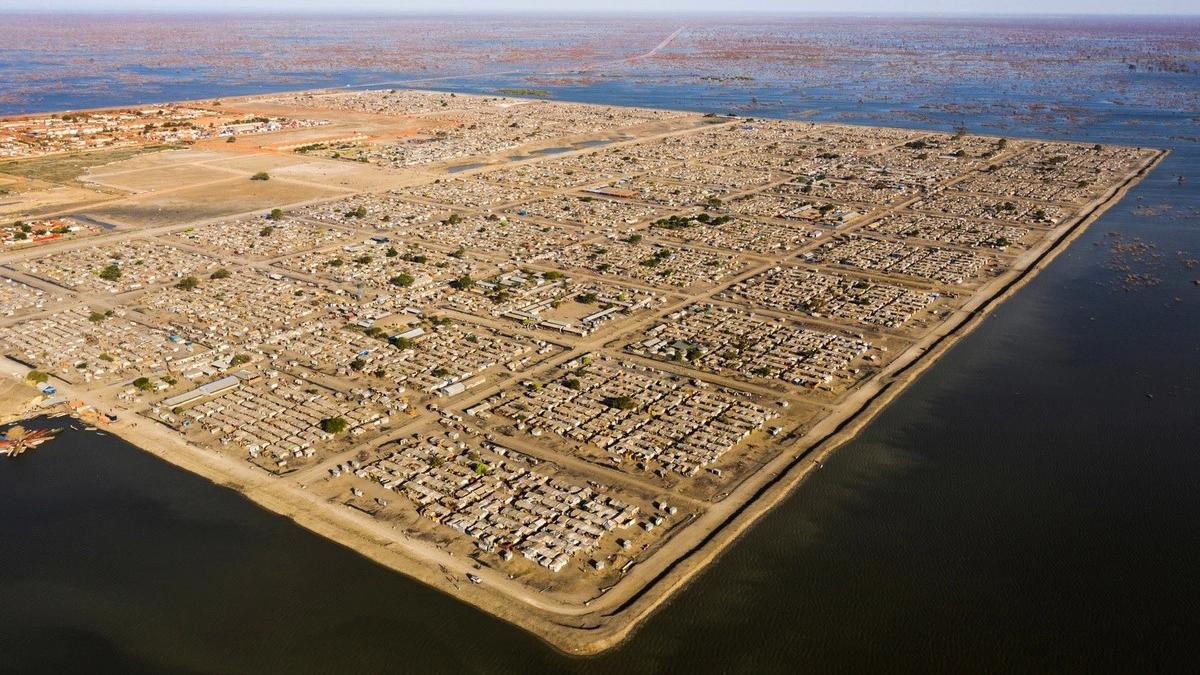Include non-active funds
- Humanitarian
- Peace and transition
- Development
- Climate and environment
- Multiple
The United Nations centre of expertise on pooled funding
The Multi-Partner Trust Fund Office (MPTFO) provides fund design and administration services to UN entities, national governments, and other partners.
These integrated ‘Administrative Agent’ (AA) services are provided from fund inception to closure, with the MPTFO in an impartial and independent role, separate from implementing entities, ensuring proper fiduciary checks and balances.
The underlying premise of pooled funding is the recognition that some challenges cannot be overcome by individual action, and that sustainable development – and the SDGs – will only be achieved when we work together.
The MPTF Office carefully curates a fund portfolio that cover a broad range of thematic categories. From humanitarian, peace and transition to climate action or development, funds are used to implement initiatives that accelerate SDG progress, generating results on local, regional, global scales.
Include non-active funds

Photo: Four years of historic rains have submerged farmlands, ancestral homes and roads, turning the main IDP (Internally Displaced Person) camp in Bentiu into an island hemmed in by dykes. ©UNHCR / Andrew McConnell

In Honi Saidan village, Pul-e-Alam district of Logar Province, a group of women, many of them widows have found a new way to support their families.

The Netherlands has provided a new contribution worth EUR 1.5 million to the Western Balkans SALW Control Roadmap Multi-Partner Trust Fund, thus renewing its support to this regional platform that strives to support a sustainable solution to arms control in the region. This brings the total contribution from the Netherlands to the Trust Fund to about USD 4.9 million.